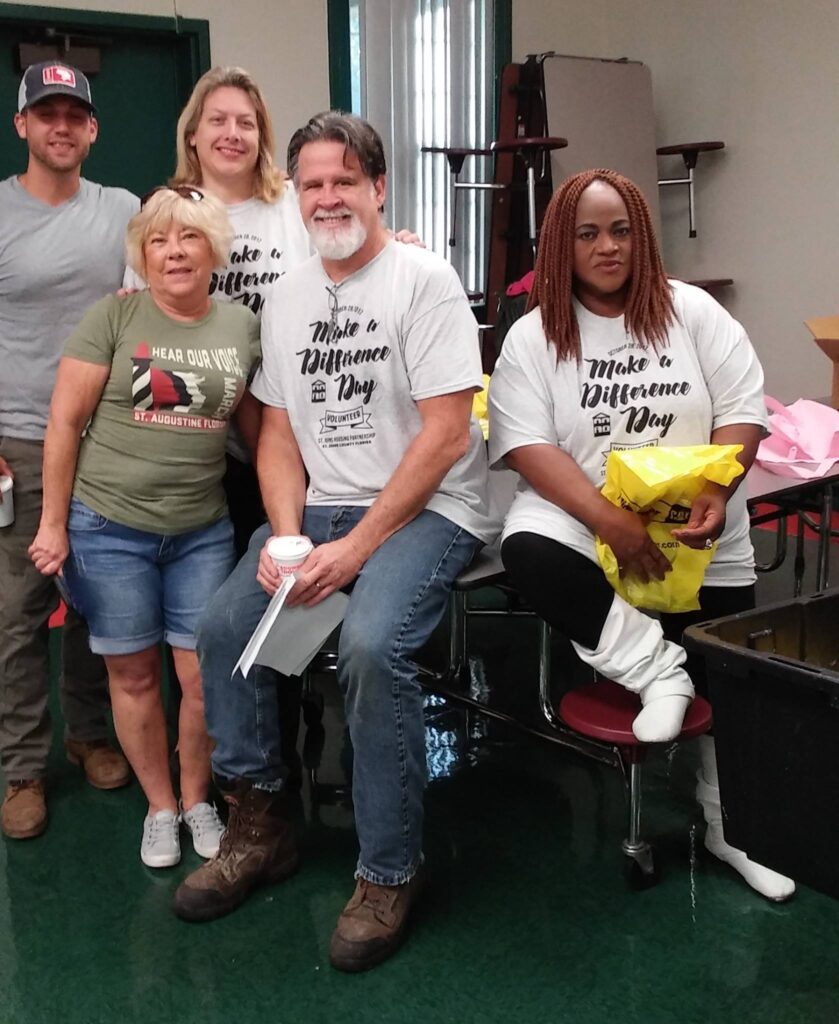Of course, most Americans do not have a large real estate portfolio. But many can enjoy significant financial benefits and provide a charitable benefit to the community at the same time.
One of the advantages to the donor is that the size of the tax deduction is determined by the current market value of the property, as opposed to the cost of the property when it was purchased (Moreover, by donating a property instead of selling it outright, donors may avoid paying brokers’ fees.)
In many cases, if one takes into consideration ongoing property taxes, maintenance costs, income taxes–or if the property is sold, the cost of legal fees, brokerage fees, estate taxes, inheritance taxes and capital gains taxes–it is often financially preferable to donate properties to charities. It also saves heirs the trouble of trying to divvy up the gains if the will is potentially contentious or inequitable. Sometimes there are intangible benefits as well.
Real Estate donations can provide you with highly beneficial tax results and allow you to achieve significant and important charitable goals that benefit those in need.
A donation of real estate to St Johns Housing Partnership on behalf of our charities can reduce your tax burden and provide you with the benefit of savings that comes from relief of the maintenance of your property. You can also avoid capital gains tax on highly appreciated properties with your charitable donation of real estate.
You can significantly reduce your legal and tax liabilities on the properties you donate and more efficiently attain personal financial goals white also supporting our charities.
Real Estate – Who Should Donate?
- Those that want help improve the communities in which they live.
- The benefits of an IRS tax deduction are quite an attractive prospect. And you can make a positive difference for others less fortunate as well.
- Businesses with properties that are idle, lacking positive cash flow and are assets that will never reach any useable potential.
- Fully depreciated properties that do not serve the financial interests of the donor.
- Uninsured catastrophes that are more a detriment financially to continue to maintain.





